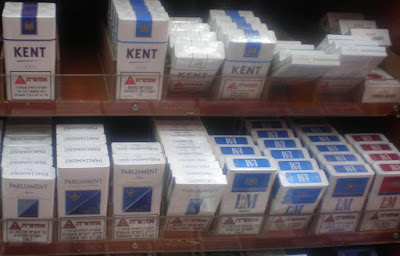 |
The chronic closure of churches and sale of their buildings has spun off a collateral issue of what happens to human remains and who gets to decide.
The 2015 closure of the Episcopal Church of the Holy Spirit of Wayland, Mass., generated such a problem. The diocese decided to close the church and agreed to sell the property to the Coptic Church.
The Coptic Church was not keen, though, to take over and maintain the churchyard burial grounds as they were. The Coptics were interested in developing the property, and they have a religious objection to cremation, which was the state of some of the deceased.
The Episcopal Church explored disinterment and relocation options with families of the deceased. The last burial there was in 2006. Not all families were willing to get on board; some wanted their loved ones to stay put. The Episcopal Church therefore endeavored to move the remains without consent, to see the sale to the Coptic Church go through, and litigation ensued.
The court reviewed the potentially applicable law of property and contract. Both parties made good arguments, and none persuaded the court dispositively. In essence, the church claimed conventional property ownership, and the families pointed to a contractual promise of "perpetual care."
The court instead decided to hang its hat on the amorphous but persuasive notion of common law trust. Some kind of right clearly persists in family over members over the disposition of loved ones' remains, the court reasoned, because we don't think twice in entertaining disputes between family members when there is a question about where a loved one should be laid to rest. Something more than mere property must be going on; the court quoted a New York court's "eloquent" reasoning in an 1844 case:
"When these graves shall have worn away; when they who now weep over them shall have found kindred resting places for themselves; when nothing shall remain to distinguish this spot from the common earth around, and it shall be wholly unknown as a grave-yard; it may be that some one who can establish a 'paper title,' will have a right to its possession; for it will then have lost its identity as a burial-ground, and with that, all right founded on the dedication must necessarily become extinct."
The instant case is hardly akin to that distant day, the court countered; rather, the complainants here are first-degree survivors. "For these reasons," the court concluded, "we now hold that in the absence of a governing statute, common law trust principles apply to the disinterment of human remains from a dedicated burial ground until the families of the deceased have abandoned the remains or the burial ground is no longer recognizable as such."
The court made short work of the Coptic Church's claim that its freedom of religious exercise would be violated by the presence of cremated remains. Essentially, the court reasoned, the bodies are already there. And the family's religious rights might as well be implicated were the court to countenance disinterment.
The court acknowledged that many questions would arise from this decision, for example, regarding the family's right to visit their loved ones' graves under new ownership. But those are questions for another day.
The unusual case is Church of the Holy Spirit of Wayland v. Heinrich, Nos. 21-P-7 & 21-P-8 (Mass. App. Ct. May 5, 2022). Justice James R. Milkey wrote the opinion of a unanimous panel.


.jpg)





